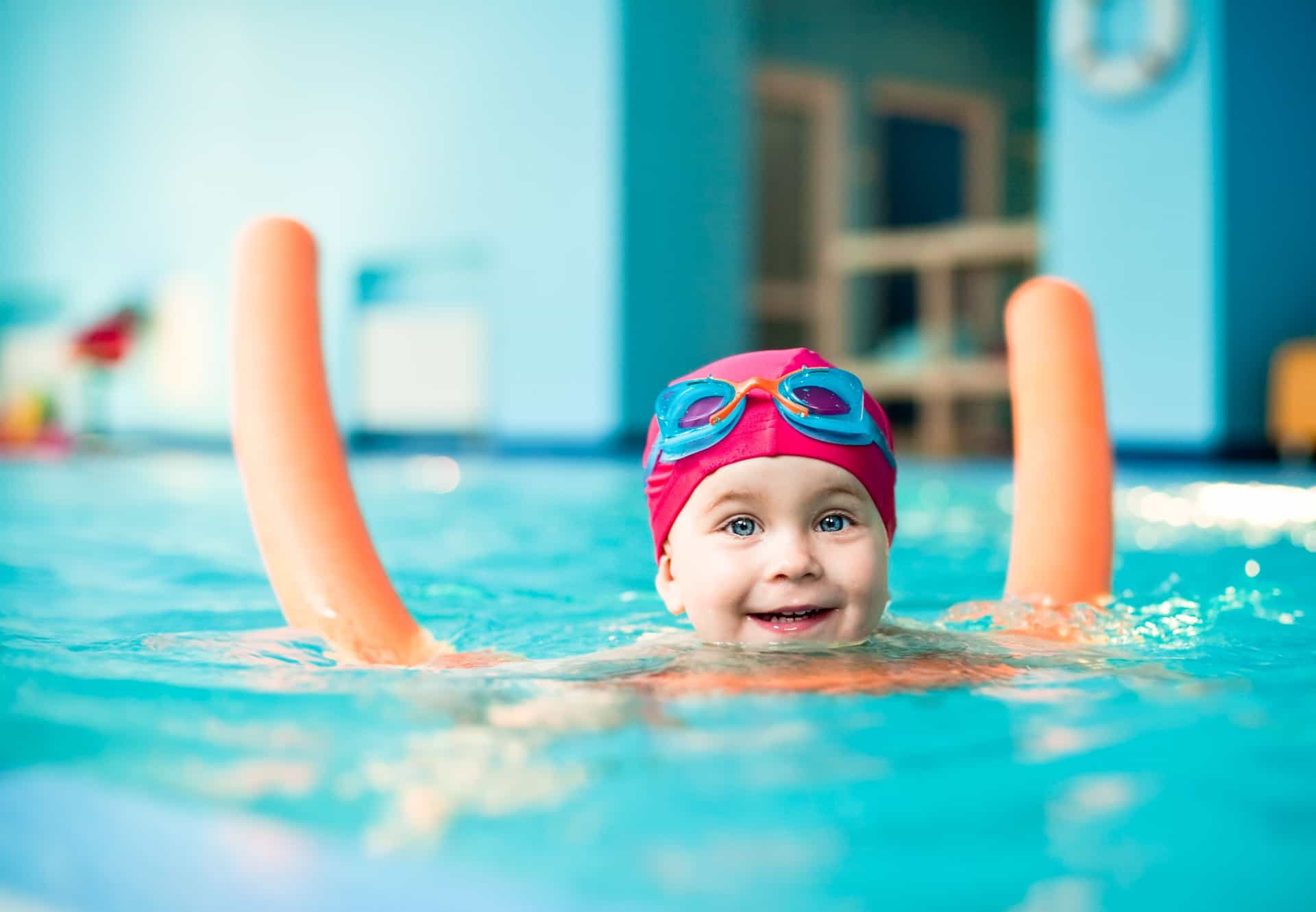According to the Mental Health Foundation 1 in 10 children and young people are affected by mental health problems. They include depression, anxiety and conduct disorder, and are often a direct response to what is happening in their lives.
The emotional wellbeing of children is just as important as their physical health. Good mental health allows children and young people to develop the resilience to cope with whatever life throws at them and grow into well-rounded, healthy adults.

Things that can help keep children and young people mentally well include:
- Being in good physical health, eating a balanced diet and getting regular exercise including swimming
- Having time and the freedom to play, indoors and outdoors
- Being part of a family that gets along well most of the time
- Going to a school that looks after the wellbeing of all its pupils
- Taking part in local activities for young people.
Other factors are also important, including:
- Feeling loved, trusted, understood, valued and safe
- Being interested in life and having opportunities to enjoy themselves
- Being hopeful and optimistic
- Being able to learn and having opportunities to succeed
- Accepting who they are and recognising what they are good at
- Having a sense of belonging in their family, school and community
- Feeling they have some control over their own life
- Having the strength to cope when something is wrong (resilience) and the ability to solve problems.


Most children grow up mentally healthy, but surveys suggest that more children and young people have problems with their mental health today than 30 years ago. That’s probably because of changes in the way we live now and how that affects the experience of growing up.
According to the HealthLine Foundation, new studies show how exercise can help children combat depression as well as behavioral disorders. Physical activity keeps the body strong and healthy and improves mental health by decreasing depression, anxiety, pain and loneliness.
Physical activity such as swimming can help kids cope with stress. It also promotes:
- Healthy growth and development
- Better self-esteem
- Stronger bones, muscles and joints
- Better posture and balance
- A stronger heart
- A healthier weight range
- Social interaction with friends
- Learning new skills while having fun
- Improves focus, school performance, sleep and energy levels
- Improves family and friend relationships
Sources



